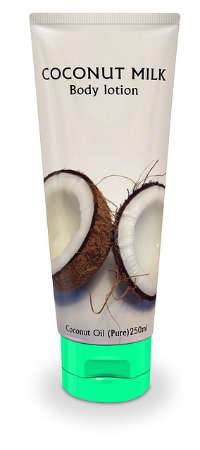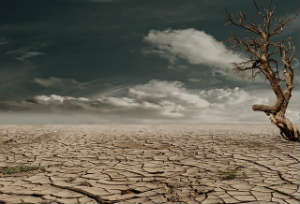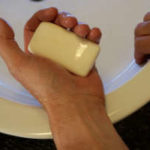Solutions For Dry Skin This Winter
Wintertime brings more than cold weather for a lot of people. As the weather gets cooler, you may notice that you’re suffering from dry skin. Certain skin conditions, such as eczema, can be exacerbated during the winter. Ira Riklis finds out why your skin might become itchy, flaky and cracked when it’s cold outside and gives tips to minimize the problem.
How The Cold Affects Your Skin
Your skin contains a mixture of natural oils that are created by underlying skin cells. These natural oils keep moisture inside your skin and prevent germs and harmful substances from entering your body. The outer layer of the skin, called the stratum corneum, contains enough water to keep the skin soft and pliable. Dry skin will result when the outer layer of skin cannot function properly to keep the skin hydrated. The following will result in dry skin:
- Repeated exposure to soapy water
- Exposure to harsh chemicals
- Aging
- Skin diseases
Dry skin caused by any of the above can lead to extremely cracked, dry skin that is irritated. The winter months are especially hard on your skin because of the reduced humidity in the air. Also, your skin starts drying out the minute you turn on the heat in your home because it dries the air out, leading to low humidity in your home which irritates your skin.
Protect Your Skin During Winter
Even though the cold weather brought on by winter can have a really negative impact on your skin, there are ways to improve your skin’s appearance and keep it healthy, even in winter.
- Banish hot baths and stick to showers or lukewarm baths as mentioned here. Hot water during the colder months really dries your skin. Although you may enjoy nothing more than a long, hot bath right before bed to relax, that is the worst thing you can do for your skin when it’s cold outside. Hot water breaks down the lipid barriers in your skin and that’s why you get dry skin with hot baths.
- Lotion up. You cannot use too much lotion when it’s cold outside. It is especially important to use lotion on your
 hands and feet as these are the areas where you can really suffer from cracked skin which can be painful.
hands and feet as these are the areas where you can really suffer from cracked skin which can be painful. - Shave less often. You may have heard this before and thought that it was just a myth. But, it is a fact because when you shave, it irritates your skin. Women can get away with shaving less during winter because you’re going to wear layers and no one will know, and men often grow beards during the winter months.
- Wear gloves when you go out. You want to keep your hands warm to prevent dryness. When your hands get cold, they tend to dry out. This often leads to cracked and chapped skin which can be quite uncomfortable.
- Use a humidifier. When you turn on the heat in your home, it takes all the moisture out of the air by blasting hot air throughout the home. Place small humidifiers in different areas of the home to evenly disperse moisture in your home which will help prevent dry skin.
- Seek professional advice. If you’re having an especially difficult time dealing with your dry skin, an esthetician or a dermatologist can be a good investment. They can offer suggestions and products that will be helpful for your problematic skin.
It’s helpful if you develop a daily skin routine. This routine will carry you through the winter months, making it easier for you to keep up with your skincare regimen. If you don’t get into the routine of applying moisturizers and taking other skin care measures, you may forget in the critical winter months when your skin needs it the most.







